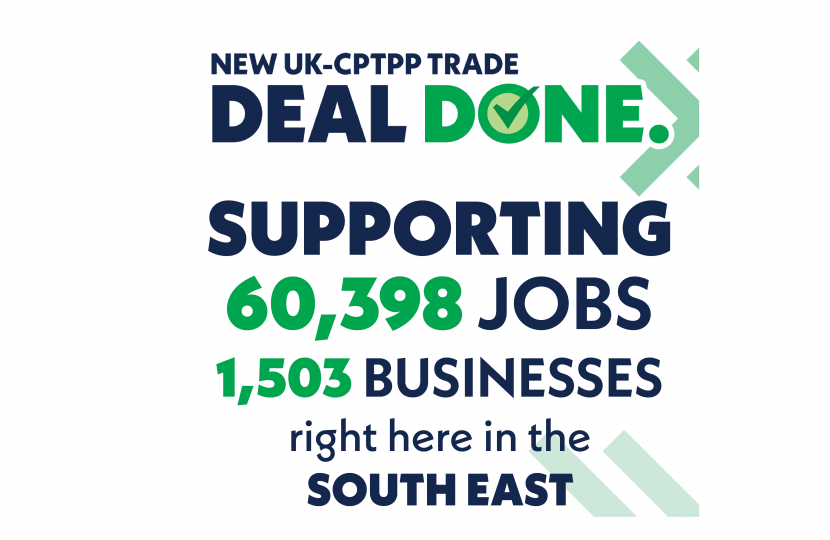
The Business & Trade Secretary last month formally signed the document for the UK to accede to the Comprehensive & Progressive Agreement for Trans-Pacific Partnership (CPTPP) in New Zealand.
This marked formal confirmation of agreement for Britain to join the trading bloc, after negotiations earlier in the year.
What happens now is the Government will look to ratify the agreement. This will include parliamentary scrutiny in this country as other member nations, such as Australia, Canada and Japan, complete their own processes.
CPTPP is a gateway to the wider Indo-Pacific region: this is going to account for the majority of global growth and around half of the world’s middle-class consumers in the decades ahead. The UK will benefit from access to new markets.
In 2019, one in every 100 UK workers was employed by a business headquartered in a CPTPP member nation.
Membership of the trade group is expected to spark further investment in this country by CPTPP members, already worth £182 billion in 2021.
As well as the Business & Trade Secretary answering questions from MPs, I took the opportunity to ask the Development Minister about the benefits the UK will see.
The UK can now take such decisions for itself, looking around the world to sign free trade agreements as well as creating stronger economic ties with some of the world’s fastest growing economies.
CPTPP membership will go to help support more than 1,500 CPTPP-owned businesses in the south east of England as well as more than 60,000 jobs from such firms.
The CPTPP trading bloc is just that: a trading bloc. It does not come with its own flag, nor anthem, nor a president expecting the traffic to stop for them on arrival in the world’s capital cities.
It is this focus on trade which could lead to a £450 million boost to the economy in the south east in the long-run.
The south east is already the third largest region in the UK exporting to CPTPP, reaching some 10 per cent of all UK goods exports. A deal making such trade easier will support locally-based firms export to new markets.
More than a tenth of UK road vehicle exports to the CPTPP came from the south east of England. Around 8,000 vehicle manufacturing jobs in our region are supported by UK exports. A deal with flexible and modern rules of origin could help simplify the export process and save costs for vehicle makers. Indeed, tariffs of some 30 per cent on UK exports of cars to Malaysia will be eliminated within seven years.
I look forward to further parliamentary scrutiny of the agreement in the months ahead.
Henry Smith MP

